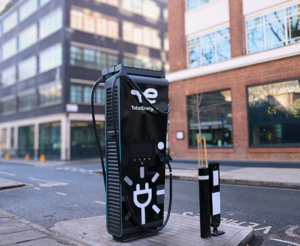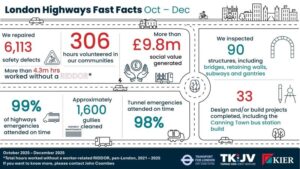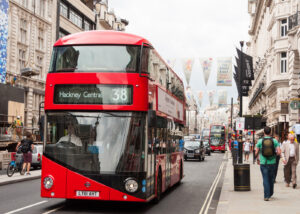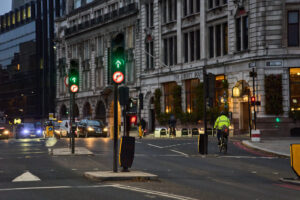A business campaign group is warning Transport for London’s funding gap could hit £2 billion per year as travel changes following the Coronavirus crisis have dramatically reduced revenues.
London First has issued a report with engineering firm Arup in which it describes the financial situation as “existential crisis”, and yet “an opportunity for transformational change.”
The report “Transport in London, New Solutions for a Changing City,” the authors write how, in the short-term, there is no substitute for central government support, as London government simply does not have the powers and resources to otherwise fund the network but that “a continuous short term cycle of funding negotiations with the Treasury is no way to run a transport network. London needs greater certainty and greater autonomy in matching its services and investments to its needs.”
TfL has already received two bailout worth of more than £3 billion from the government, and its revenues are reliant on tube fares, which have been decimated by a fall in passenger numbers.
The authors propose four solutions for TfL’s funding – to replace Vehicle Excise Duty with a new ownership charge for cars registered in London which would be set by the Mayor, combining the Congestion and ULEZ charges, with variable rates based on vehicle, time of day and journey length, integrating the fare system between buses and tubes and making TfL the commissioning authority for new mobility such as e-scooters.
You can read the report here.
Meanwhile a report in the Standard says that an option being considered is to charge people with vehicles registered outside London to drive into the city. The Boundary Charge would be £3.50 or £5.50 depending on the vehicle’s emissions. Proposals also include extending Zone 1 of the tube east to Canary Wharf.
(Picture – front page of London First/Arup report)
























